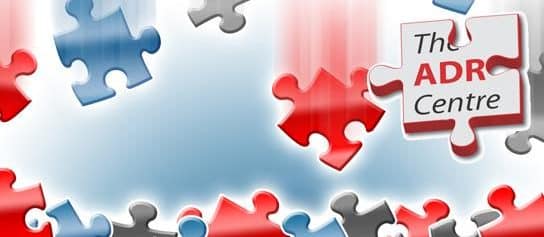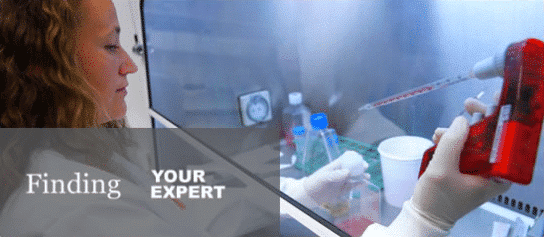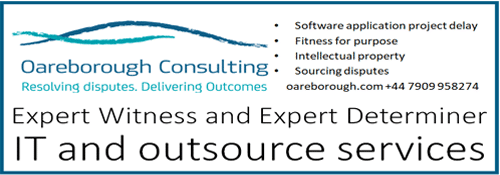Why do you want a Report from an Expert?
Generally speaking when somebody is dissatisfied with a situation, for example a new central heating installation system is not working properly, they want an expert to tell them why and what they can do about it and possibly even whether they are likely to get compensation. A report of this nature is what is called an ‘Advisory Report’. It is not prepared with a view to using it in court or arbitration. Put another way it enables somebody to decide what they can do and helps them decide what action to take.
If it is decided that legal action should be taken either to ‘right the wrong’ or to seek compensation (damages), the chances are that an Expert Witness will be required to give evidence. Before this can happen the Expert will be required to produce an Expert Report.
What is an Expert Report?
The purpose of an Expert’s Report is to set out the Expert’s opinion on matters within his expertise that he has been instructed to report on.
The ultimate use of the Report is to inform the court on matters outside its expertise and on which it has to reach a decision in order to resolve the dispute before it.
In addition to the court’s use, the Report will also inform the instructing party and its lawyers on technical matters to enable them to determine the strength of their legal case. During the preparation for the Hearing it will be disclosed to the other side in the dispute thus helping them to assess the strength of their own legal case. Should the other side have their own Expert Witness, a copy of their Expert’s Report will be given to you at the same time as they receive your Expert’s Report.
General content of an Expert Report
The Report should be a concise statement of the facts and assumptions used by the Expert and his analysis followed by the Expert’s opinion. It will have to comply with legal requirements.
Facts and the Expert’s opinion should be clearly separated.
The reader should be able to understand and to follow the reasoning leading to the conclusions reached in the Report. Although the Report may deal with very technical matters these should be expressed in a way that can be understood by an intelligent lay person. It should not contain unexplained jargon or acronyms.
The Expert is required to include a summary of the instructions he has received in whatever form they have been given. To avoid misunderstandings it is safer to give written instructions or, where the instructions are given verbally, to confirm them in writing.
Rules applying to an Expert Report
Because the Expert’s Report will become the main evidence of the Expert (known as ‘Evidence in Chief’) to be given to the court, the Civil Procedure Rules (CPR) set out very clearly what must be included in an Expert’s Report.
Broadly speaking the CPR requirements for an Expert’s Report can be looked at as a way the court can be sure that the Expert has clearly laid out his qualifications and methodology as well as showing who has worked on the preparation of the Report. These and other matters are necessary to show clearly that the Expert has given his own Independent professional opinion. This must include matters which may harm the case of the party for whom the Report has been prepared.
CPR also makes very clear that the Expert’s overriding duty is to the court not to the party who appoints or pays the Expert.
Format of the Expert Report
Because the Report is for use in legal proceedings its format is rather different to reports which have been prepared for other purposes. To assist both the parties and Experts as well as the judges, The Academy of Experts publishes a Model Form of Expert’s Report which has been prepared and approved by its Judicial Committee which consists of senior judges. This provides guidance on the best practice for setting out the Report in a user-friendly way.
The Academy’s Judicial Committee has also designed and published a Model Form of Expert Witness CV for insertion into the Model Form of Expert’s Report. This enables the information required by the court to be presented in the format desired by the judges.
The Academy recommends a declaration, parts of which are mandatory, be used to comply both with CPR and best practice.
What if the Report is not to your (the Instructor) liking?
The facts shown in the Expert Report should be carefully checked. Should they not be correct the Expert should be told as soon as possible.
If the Instructor (that is your legal representative or you) disagrees with any part of the Report this should be made known to the Expert at the earliest possible stage so that the Expert may carefully consider your comments and take the appropriate action. However the opinion expressed by the Expert must always be the Expert’s own independent and impartial professional opinion irrespective of whether it supports or harms the instructor’s case. This applies not only to the inclusion of matters and how they are expressed but also to requests to omit parts of the Report.
Although the instructor pays the Expert’s fees for the Report, the Expert has an overriding duty to the court which is over and above any duty owed to the instructing party.




